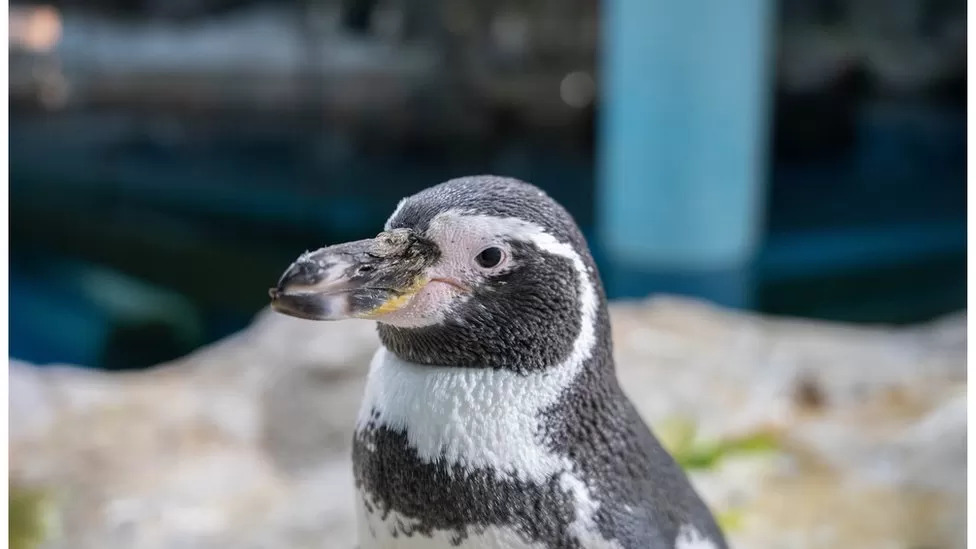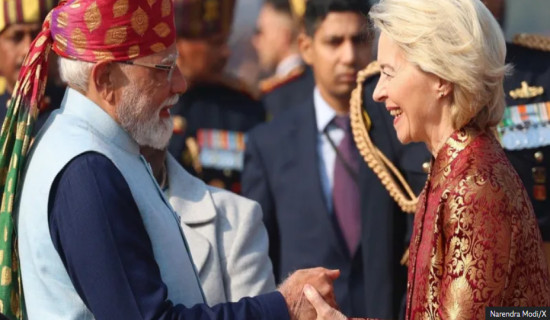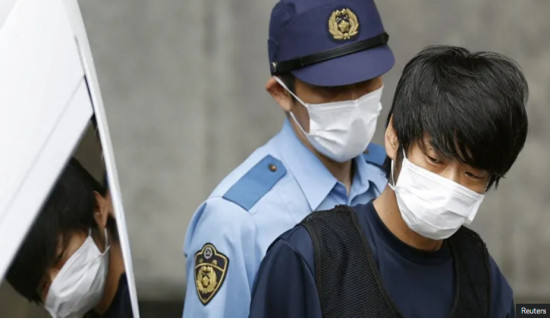- Monday, 23 February 2026
The penguins given world-first cataract surgery
By Nicholas Yong, Singapore, Mar. 18: From the largest aviary in Asia they went, sitting in buckets filled with ice to keep them cool while transported in air-conditioned vans.
A quick 30km (19-mile) drive later, the three king penguins and three Humboldt penguins had arrived at a clinic in Singapore's east.
There, a five-person veterinary team were waiting to perform a delicate eye procedure, thought to be a world first for penguins.
The sextet underwent the removal of the cloudy lenses caused by cataracts - a common age-related condition that develops in geriatric animals and hinders their vision - before receiving custom-made intraocular lens implants.
The lenses were manufactured in Germany to fit each penguin's eye, based on precise measurements, and took about two months to make, said the Mandai Wildlife Group (MWG). The group manages some 21,000 animals, comprising almost 1,000 species, across four wildlife parks in Singapore.
"We noticed the cloudiness in their lens and [that they were] moving about like they were having difficulty seeing things in front of them," said MWG veterinarian Dr Ellen Rasidi.
In the immediate aftermath, the penguins had to stay out of the water and in a separate den from the rest of their colony. Eye drops were also administered twice daily.
But almost three months after the procedure, which took up to 2.5 hours for each penguin, the aquatic flightless birds can see clearly now, with a noticeable increase in responsiveness and activity levels.
MWG has carried out cataract surgeries on other geriatric animals like sea lions and orangutans in the past. It has also adopted innovations such as printing 3D protective shoes for birds of prey, in order to treat a potentially fatal foot disease.
But Dr Gladys Boo, a veterinary ophthalmologist who led the procedure, reckons that it is likely the first time penguins have successfully received intraocular lens implants, marking a "milestone" in veterinary medicine.
"As a larger species, the king penguins have eyes large and stable enough to hold the custom lenses in place, so we decided to pursue this world-first procedure," said Dr Boo, who is one of only three individuals in South-East Asia certified by the American College of Veterinary Ophthalmologists, a renowned vet institution.
The surgery was complicated by the unique characteristics of penguins, such as a third eyelid, which protects their eyes underwater but tended to close during the surgery.
MWG declined to reveal the cost of the surgery but said it was undertaken to improve the penguins' quality of life.
Dr Boo first diagnosed the penguins during check-ups conducted last August as part of the MWG's senior animal care plan, which has been providing specialised care for elderly animals since 2017.
It involves more frequent health checks and specialised diets for 361 senior animals, as well as specific adjustments to their exhibits. Examples include putting perches for geriatric birds on lower levels for easier access and adding extra padding or bedding in preferred rest areas.
The penguins reside at Singapore's Jurong Bird Park, a popular tourist attraction which houses some 5,000 birds.
King penguins hail from the South Atlantic and the South Indian Ocean and are the second-largest of their kind in the world, while Humboldt penguins come from South America. The former can live up to 40 years in captivity, and the latter typically live for 15-20 years.

















